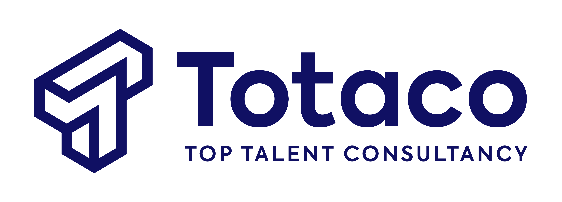In the intricate world of business-to-business (B2B) transactions, understanding the buyer’s psychology is not just beneficial; it’s crucial. The decision-making process in B2B sales is complex, influenced by logical evaluation, emotional factors, and the broader context of organisational goals. Let’s delve into the psychology of B2B buyers and outlines effective strategies for closing deals, ensuring a smoother path from initial contact to final handshake.
The Psychology Behind B2B Buying Decisions
Rational and emotional drivers:
While B2B purchasing decisions are often believed to be based purely on rational analysis, emotional factors play a significant role. Trust in the seller, the perceived reliability of the product, and the anticipated level of post-sale support all influence the decision-making process. Understanding and addressing these emotional drivers, alongside presenting solid data, can enhance your appeal to potential buyers.
The fear of making the wrong decision
Risk aversion is a powerful motivator in B2B buying decisions. The implications of a wrong purchase can be significant, affecting the buyer’s reputation within their organisation and the company’s operational efficiency. Demonstrating reliability and offering guarantees or trial periods can mitigate these fears.
The Desire for efficiency and effectiveness
B2B buyers are continually seeking ways to improve their operations, reduce costs, and increase productivity. Solutions that clearly articulate how they can achieve these objectives, with minimal disruption, are more likely to win their approval.
Strategies for closing B2B deals
Develop a deep understanding of your buyer
Begin with thorough research into the buyer’s industry, company, and specific challenges. This knowledge allows you to tailor your pitch to their unique needs and demonstrate a genuine interest in helping them succeed.
Build trust through consistency and reliability
Trust is paramount in B2B relationships. Be consistent in your communications, follow through on promises, and ensure your product or service delivers as expected. Case studies, testimonials, and data can also help build credibility.
Engage multiple stakeholders
B2B buying decisions often involve multiple stakeholders, each with their own concerns and priorities. Identify and engage these individuals early in the process, addressing their specific needs and how your solution benefits them collectively.
Articulate your unique value proposition (UVP)
Clearly communicate what sets your offering apart from competitors. Your UVP should resonate with the buyer’s goals, whether it’s innovation, cost savings, improved efficiency, or superior service.
Use consultative selling techniques
Position yourself as a consultant rather than just a seller. This approach involves asking questions, listening actively, and providing solutions that align with the buyer’s objectives. By fostering a collaborative relationship, you can uncover deeper needs and tailor your offering accordingly.
Leverage social proof
In a world overwhelmed with options, buyers often look to their peers for validation. Sharing success stories, testimonials, and case studies from similar companies or industries can provide the reassurance needed to move forward.
Simplify the buying process
Make it as easy as possible for your buyer to say yes. This can include clear pricing, straightforward contracts, and a defined onboarding process. Reducing complexity and uncertainty can expedite the decision-making process.
Closing B2B deals requires a nuanced understanding of the buyer’s psychology, blending an appreciation of their rational and emotional motivations. By employing targeted strategies that build trust, address specific needs, and demonstrate clear value, sellers can effectively navigate the complex B2B landscape. Remember, success in B2B sales is not just about the immediate deal but about fostering long-term relationships that drive mutual growth and satisfaction.
If you’re looking for an exciting new career opportunity in B2B sales, make sure to click through to our jobs page.
Follow us on LinkedIn for our latest jobs and industry news.


